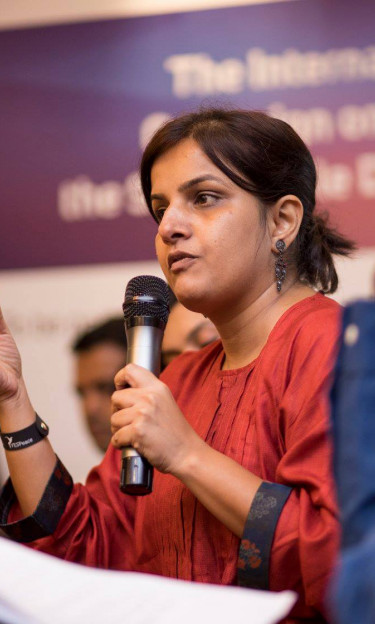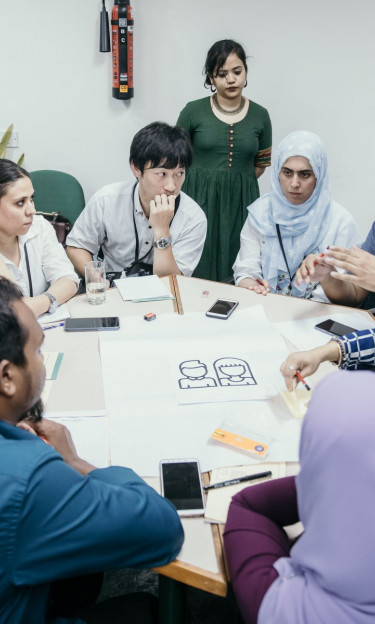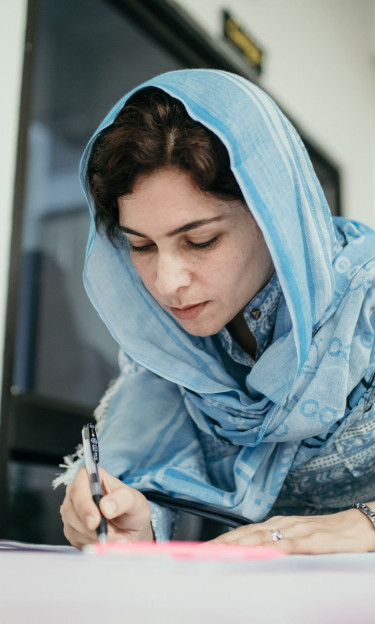
UNESCO MGIEP
UNESCO MGIEP focuses on achieving the UN Sustainable Development Goal 4.7 towards education for building peaceful and sustainable societies across the world by developing programmes that promote social and emotional learning, innovate digital pedagogies and empower the youth.
UNESCO Mahatma Gandhi Institute of Education for Peace and Sustainable Development (MGIEP), is the category 1 Research Institute focusing on achieving the Sustainable Development Goal (SDG) 4.7 towards education to foster peaceful and sustainable societies across the world by developing programmes and products that promote social and emotional learning, innovate digital pedagogies and empower the youth.
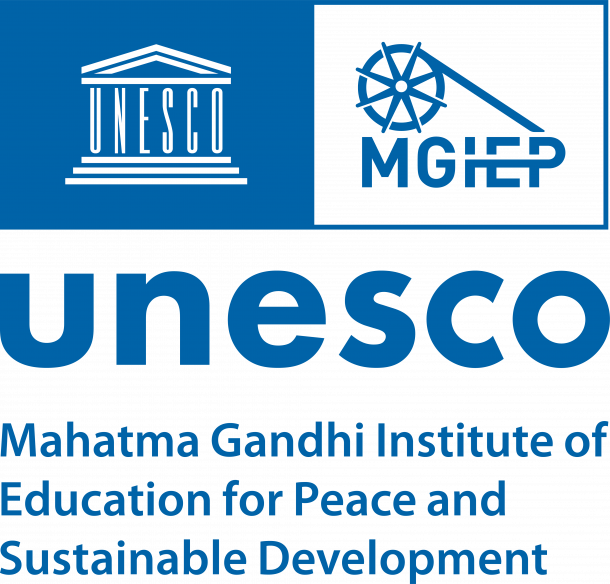
Kindness is not defined by lofty stories, it exists all around us and needs to be celebrated at every moment of life because #KindnessMatters every day. We’re celebrating K3: kindness for self, others and nature, and invite you to share with us a simple act of kindness that you performed today – gave yourself some rest from daily routine, watered the plants, donated some blankets for a cause, or called your family. This exercise will take less than 30 seconds and will make you a part of our global kindness community. So, won't you help us make the world a kinder place?
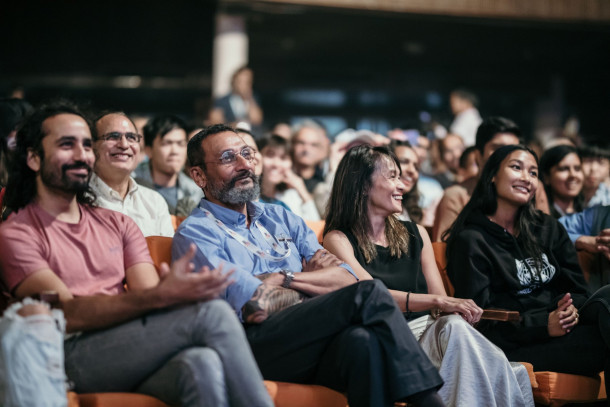
On October 2, 2021, UNESCO MGIEP and Faze Media (Canada) hosted the 3rd annual World Youth Conference on Kindness on the theme Achieving with Kindness. The 3-hour free virtual conference celebrated the collection of more than 1 million stories of how kindness for self, others, and nature achieves the Sustainable Development Goals. The conference opened with a dazzling welcome from 7 youth from 7 countries in 7 languages. 35 young people came forward to share amazing youth shared their powerful stories on how their acts of empathy, mindfulness, and compassion in action transformed themselves and their communities for sustainable and peaceful societies.
UNESCO MGIEP believes that any strategy aimed at the youth cannot be successful without empowering the youth, thereby encouraging them to speak up. The TAGe is a youth-driven intergenerational dialogue on education that provides a non-hierarchical platform to the youth to interact, discuss and debate critical issues that concern the future, with policymakers.
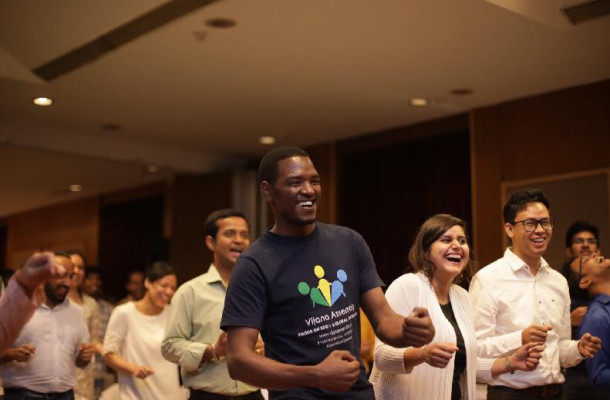
When it comes to efforts to solve a problem that affects them the most, youth are still the group largely sidelined. UNESCO MGIEP's efforts in prevention of violent extremism include the development of an entirely youth led guide that puts forth youth-centred actionable recommendations for a wide range of stakeholders as well as capacity building for youth in social and emotional learning.
Geographical scope: worldwide
Starting from 2017 until present
UNESCO MGIEP and Life University (USA) are inviting the world’s youth, educators, community activists and others to enrol for the Self-directed Emotional Learning for Empathy and Kindness (SEEK) online course that cultivates skills such as empathy, mindfulness, and compassion so youth are well-equipped to contribute towards the development of peaceful and sustainable societies. The SEEK course is a self-directed/self-paced version of Compassionate Integrity Training (CIT) developed by Life University and is hosted on the UNESCO MGIEP FramerSpace.com, AI-empowered online learning platform. UNESCO MGIEP provides support for learners through a dedicated Community of Practice including live Masterclasses and Q&A sessions, and full-featured discussion forums.
Disclaimer
The ideas and opinions expressed on this page are those of the Member State; they do not necessarily represent the views of UNESCO and the Organization hereby declines all liability. The designation employed and the presentation of material throughout the National Pavilion or this webpage do not imply the expression of any opinion whatsoever on the part of the Organization, concerning the legal status of any country, territory, city or area of its authorities, or concerning its frontiers or boundaries.



